- Polamk
- fi
- Ajankohtaista
- Uutinen
A survey of societal preparedness: Confronting tomorrow's challenges with yesterday's doctrines?
What are the greatest threats to Finland's security of supply? Are we better at preparing for a national epidemic or global pandemic than we were before? How have disasters that have affected the entire country, such as the school shootings, the Konginkangas bus accident or the 2004 tsunami, changed preparedness and safety guidelines? These are some of the questions that are being considered in the publication “Varautuminen eilen – varautuminen huomenna. Puheenvuoroja Suomesta” (“Preparedness Yesterday, Preparedness Tomorrow. Statements from Finland”), which takes a diverse look at societal preparedness and compiles views of leading experts on the subject.
This year has shown that preparation for threats of different types is more important than ever. Preparation is a proactive endeavour aimed at ensuring that important functions and tasks are dealt with both under normal conditions and in exceptional situations. The challenge is that it is not clear what we should prepare for and how we should do it.
“Preparedness is not only about problems that Finland or other countries already have experience in handling, and which we have been able get ready for through practice, for example. A special challenge is now to prepare for completely new problems that have not been experienced earlier and which are unexpected and unlikely”, says Kari Laitinen, Senior Researcher at the Police University College. Laitinen has edited the publication together with Researcher Ossi Heino and Senior Researcher Vesa Huotari.
Prior experiences and the analysis of those situations are a key starting point for preparedness. When an unwanted event is repeated or a new problem raises its head, the response must be quick, timely, correctly proportioned, and must take place in the right order. However, under normal conditions such situations can feel quite remote, making it difficult to justify the importance of being prepared.
“A practical challenge is that calculating the cost of investing in preparedness and the benefits to be achieved do not seem very sensible. The narrower the focus on the core activities of an organisation and its goals, for example, the more likely it is that preparation will be seen as an unwarranted concern, a reflection of pessimism, a waste of resources, and something that makes things more difficult”, observes Researcher Ossi Heini.
socialShareGray




